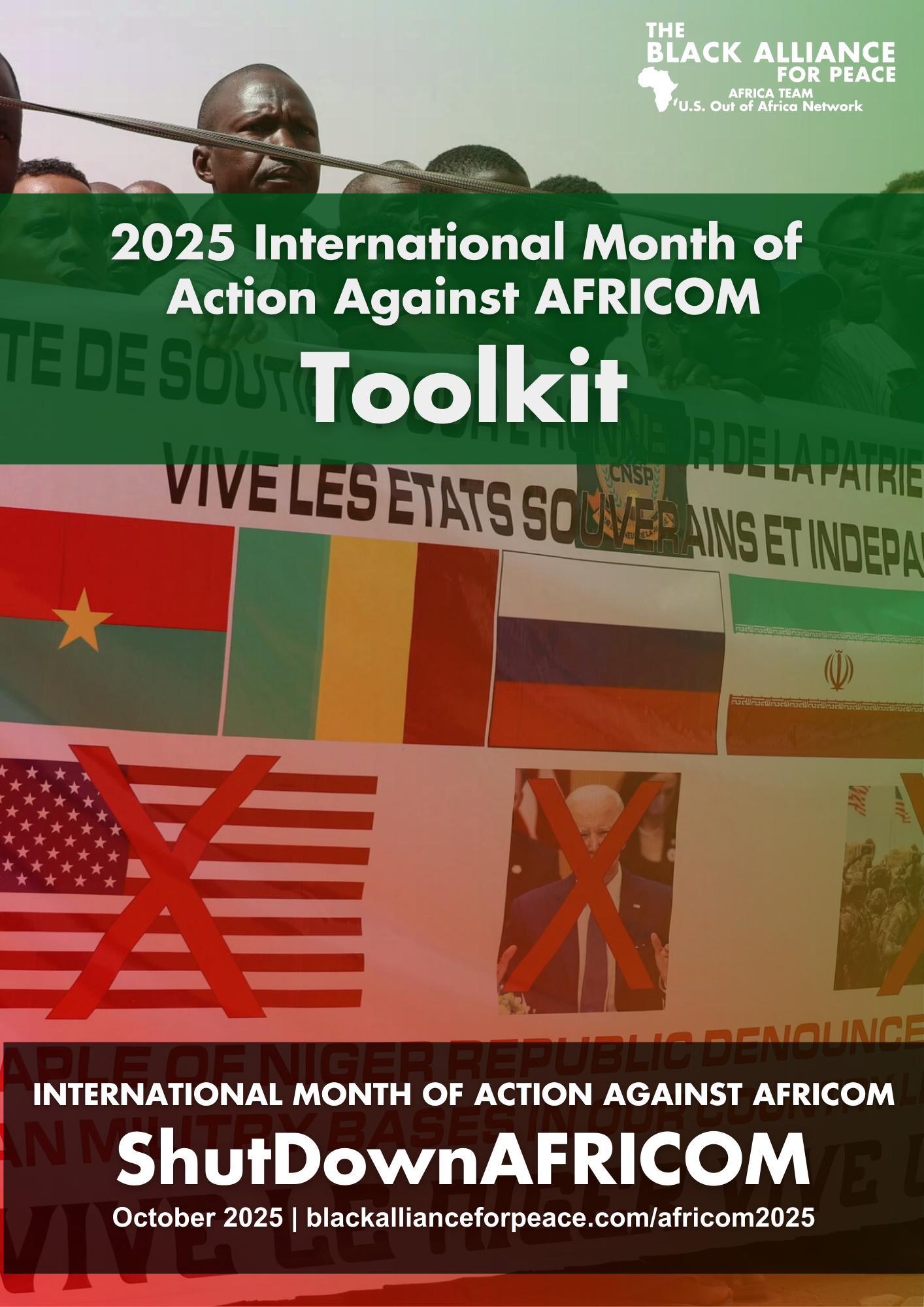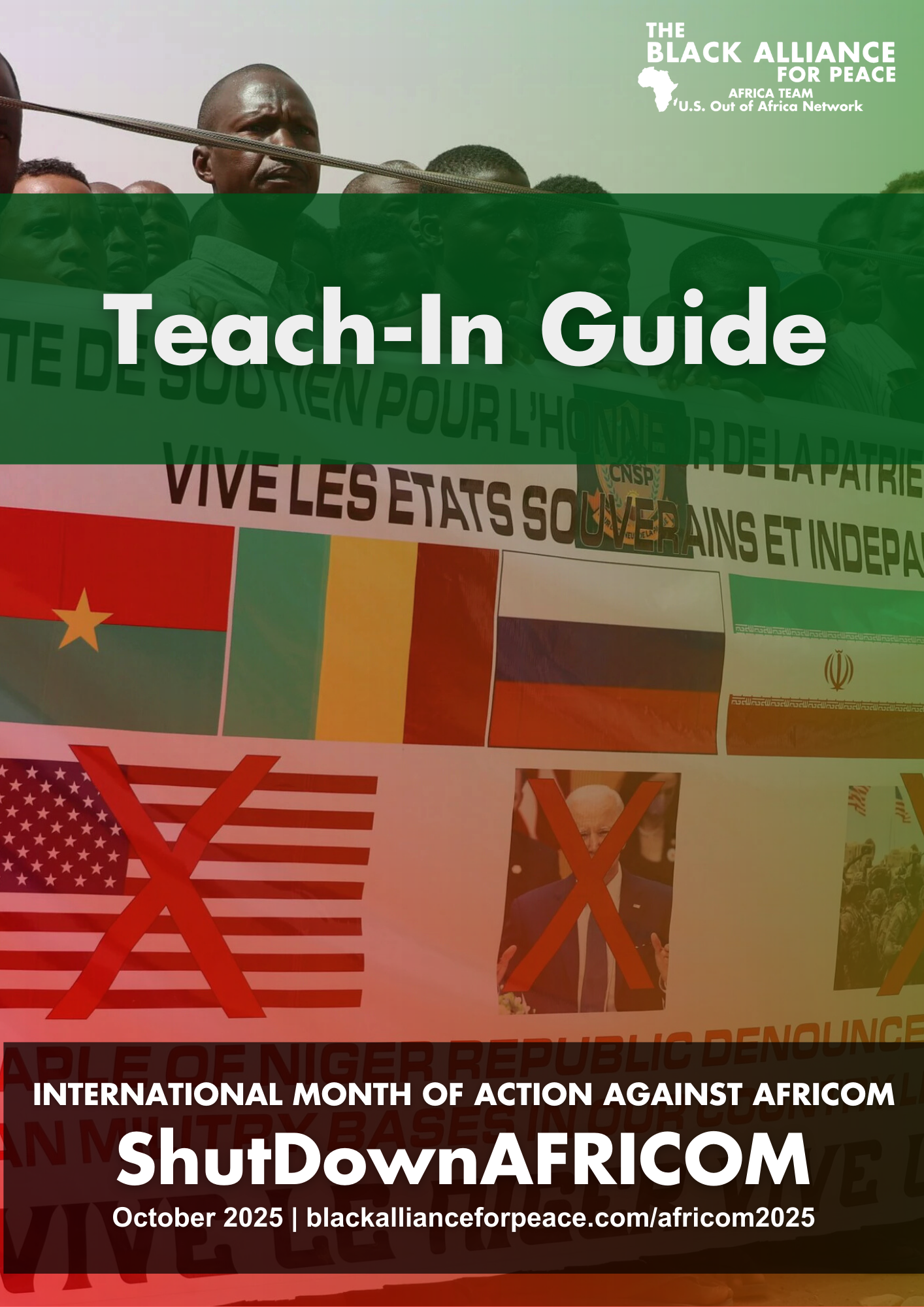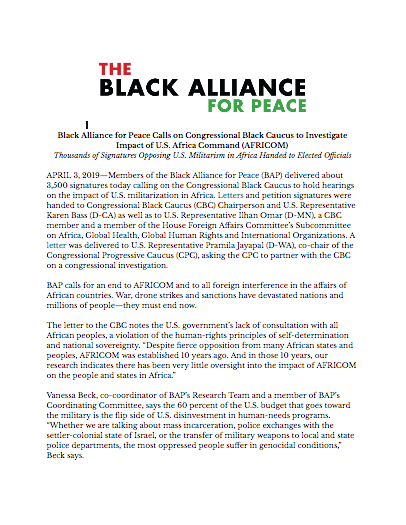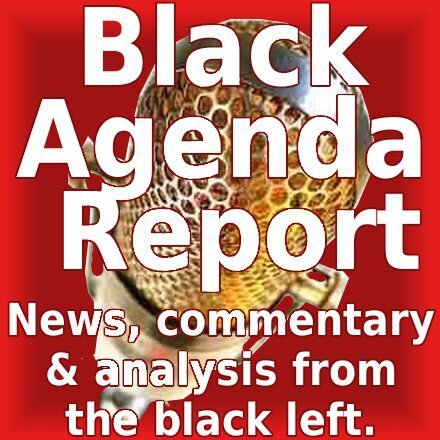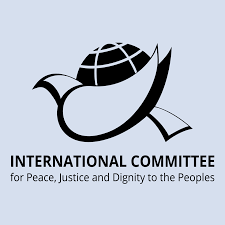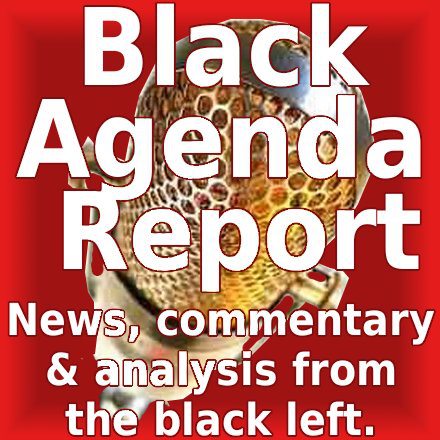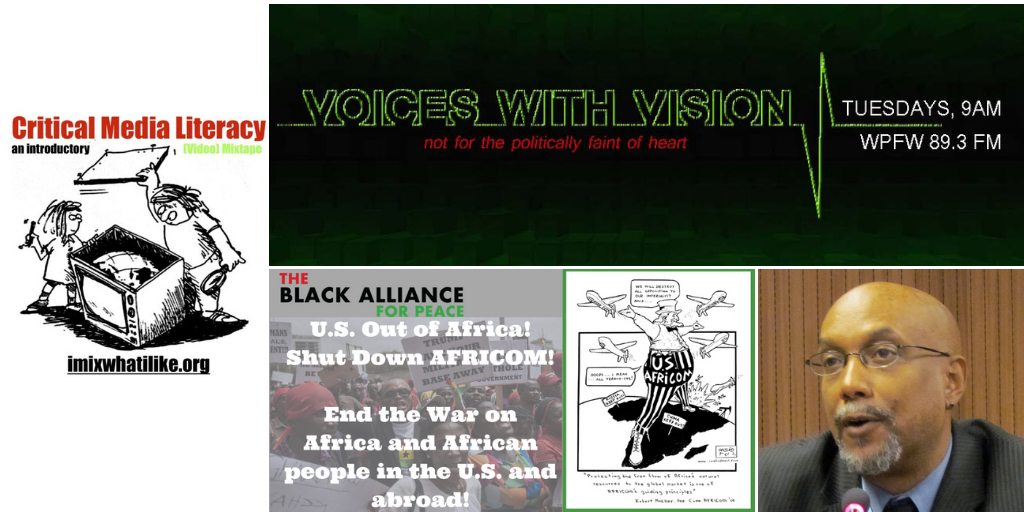The United States African Command (AFRICOM) was established October 1, 2008. The purpose of AFRICOM is to use U.S. military power to impose U.S. control of African land, resources and labor to service the needs of U.S. multi-national corporations and the wealthy in the United States.
When AFRICOM was established in the months before Barack Obama assumed office as the first Black President of the United States, a majority of African nations—led by the Pan-Africanist government of Libya—rejected AFRICOM, forcing the new command to instead work out of Europe. But with the U.S. and NATO attack on Libya that led to the destruction of that country and the murder of its leader Muammar Gaddafi in 2011, corrupt African leaders began to allow AFRICOM forces to operate in their countries and establish military-to-military relations with the United States. Today, those efforts have resulted in 46 various forms of U.S. bases as well as military-to-military relations between 53 out of the 54 African countries and the United States. U.S. Special Forces troops now operate in more than a dozen African nations.
We are focusing on AFRICOM as our contribution to the work of the Coalition Against U.S. Foreign Military Bases, of which BAP is a founding member.
OUR DEMANDS
The complete withdrawal of U.S. forces from Africa,
The demilitarization of the African continent,
The closure of U.S. bases throughout the world, and
The Congressional Black Caucus (CBC) oppose U.S. Africa Command (AFRICOM) and conduct hearings on AFRICOM’s impact on the African continent, with the full participation of members of U.S. and African civil society.
AFRICA TEAM UPDATES
QUESTIONS & ANSWERS
What impact has increased militarization abroad had on U.S. communities? Since 1990, about $6 billion worth of U.S. Department of Defense property has been transferred to local, state, federal and tribal law-enforcement agencies while communities are suffering from austerity cuts. (source: https://www.statista.com/chart/14027/how-much-is-the-polices-military-equipment-worth)
What is the connection between the militarization of Africa and the colonized Black and Brown spaces in the United States? Black people domestically are seen as redundant and as a social problem; Africans on the African continent are seen the same way. The result has been a veritable war waged on the Black working class and a general devaluation of all Black life. The war waged against the Black working class within the United States mirrors the war being waged on continental Africans.
Send your questions to info@blackallianceforpeace.com and we will answer them on this page.
GET THE FACTS ON AFRICOM
Download our AFRICOM fact sheet to distribute in your circles.
2025 International Month of Action Against AFRICOM
The Black Alliance for Peace’s International Month of Action Against AFRICOM aims to raise the public’s awareness about the U.S. military’s existence in Africa, and how the presence of U.S. forces exacerbates violence and instability throughout the continent.
Watch the October 1st webinar that launched this year’s international month of action, titled “Resisting Fascism and Neo-colonialism: U.S. Out of Africa, Shut Down AFRICOM.” Organizers and activists from the African continent and the diaspora discussed the current geopolitics context in which colonized people must struggle to shut down AFRICOM and expel imperialist forces from the continent. Throughout the month events will take place organized by various organizations on the African continent, in the U.S., and around the world to demand an end to the militarization of Africa and African communities worldwide.
download materials
join the u.s. out of africa network
IN THE PRESS
PRESS RELEASES
PUBLICATIONS
BAP member Mark Fancher wrote in Black Agenda Report the U.S. Africa Command (AFRICOM) is “designed to do only one thing well, and that is to kill Africans.”
Netfa wrote about how the U.S. is using a Russian presence in Libya to further U.S. interests on the continent and globally.
RADIO
Netfa Freeman, BAP Africa Team Co-Coordinator discusses 4th Int'l Month of Action Against AFRICOM with fellow Co-Coordinator and Black Agenda Radio Host Margaret Kimberley, under the theme "From Niger to Haiti to Cop City, Defeat the War Against African People."
Mark Fancher, a member of BAP's Africa Team and an organizer in BAP member organization All-African People's Revolutionary Party (A-APRP), was interviewed on WRFG's RAP (Revolutionary African Perspectives) about the International Day of Action on AFRICOM BAP organized for October 1.
On the third segment of the November 4 episode of Radio Sputnik’s “By Any Means Necessary,” Netfa discussed with hosts Sean Blackmon and Jacqueline Luqman (also a BAP member) the ways in which both the Democratic and Republican parties have expanded the U.S. military footprint, the role of the U.S. military on the continent through the U.S. Africa Command (AFRICOM), and how U.S. policies toward China’s presence in Africa will change depending on a Biden or a Trump presidency.
Tunde Osazua, BAP’s U.S. Out of Africa Network Coordinator, discusses AFRICOM and the situation in Somalia on WBAI News with Paul DeRienzo.
Netfa interviewed on “Voices With Vision” Aziz Fall, founding member of GRILA (Group for Research and Initiative for the Liberation of Africa), who spoke about his organization and the lesser known history of anti-AFRICOM resistance outside of the United States.
Popular Resistance interviewed Ajamu, who spoke about the history of AFRICOM and its impact on the continent. He also discussed why anti-imperialist and internationalist perspectives are necessary, the changing power dynamics in the world, the upcoming elections in the United States, and where activists should focus their time and energies.
BAP’s U.S. Out of Africa Network Coordinator Tunde Osazua spoke to Anticonquista’s L@s Hij@s de Fidel podcast—hosted by BAP member Kayla Pop and professor Danny Shaw—about the imperialist roots of the U.S. Africa Command (AFRICOM) and its implications for Africans around the world.
VIDEO
BAP Coordinating Committee member Margaret Kimberley moderated BAP’s webinar, “Full Spectrum Dominance: From AFRICOM to Indo-Pacific Command.” It featured among several activists, Danny Haiphong, Aziz Fall and Affiong L. Affiong.
This event featured Maurice Carney from BAP member organization Friends of the Congo and Ajamu Baraka from the Black Alliance for Peace who gave remarks and answered questions about AFRICOM.
Connecting global and domestic imperialism, this teach-in from BAP Baltimore highlights the ongoing military operations on the continent and the militarized policing programs in Baltimore.
Horn of Africa Pan Africans for Liberation and Solidarity, a BAP and USOAN member organization, hosted this webinar on AFRICOM in Somalia.
BAP member organization Horn of Africa Pan-Africans for Liberation and Solidarity (HOA PALS) recently held a webinar on policing in African states.
The Black Alliance for Peace hosted a webinar, "Rise Up to Shut Down AFRICOM," on June 16, 2020, as part of our ongoing campaign.
Black Alliance for Peace (BAP) National Organizer Ajamu Baraka explains to Jesse Ventura, host of RT’s “The World According to Jesse,” why we must end the U.S. occupation of Africa, China’s role on the continent, and more.
BAP Coordinating Committee member Margaret Kimberley discussed BAP’s U.S out of Africa! campaign with iMixWhatiLike’s Jared Ball.
Photo credit (top): AP/Ben Curtis



